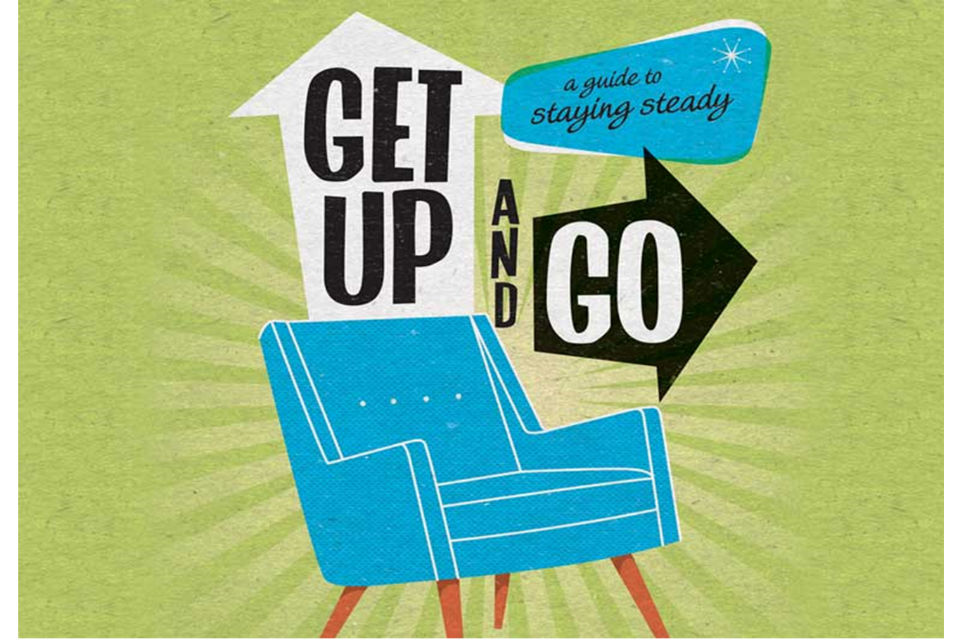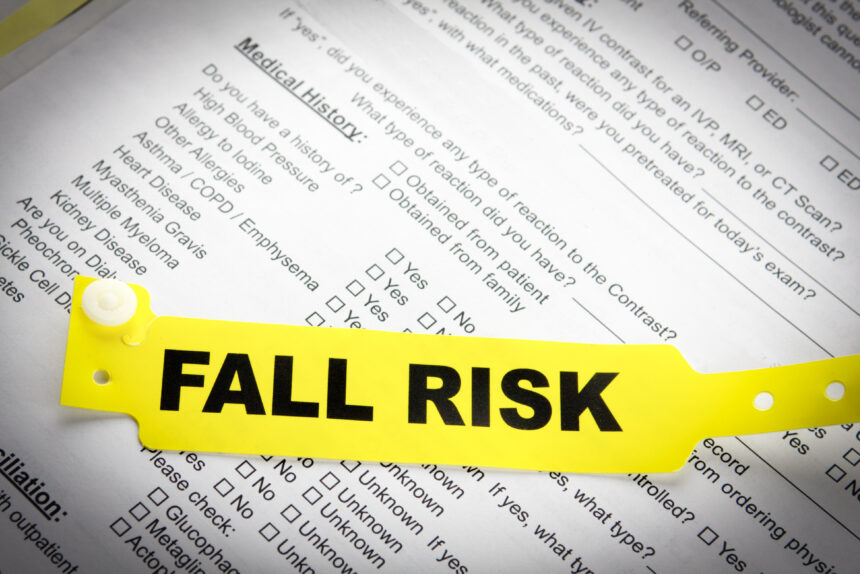The Ultimate Guide To Dementia Fall Risk
The Ultimate Guide To Dementia Fall Risk
Blog Article
10 Simple Techniques For Dementia Fall Risk
Table of ContentsHow Dementia Fall Risk can Save You Time, Stress, and Money.Excitement About Dementia Fall RiskThe Main Principles Of Dementia Fall Risk Top Guidelines Of Dementia Fall RiskThe Only Guide to Dementia Fall Risk
In the community, inadequate road lighting or unprotected creeks and garbage dumps may additionally create crashes. Loss Danger Evaluation Tool (FRAT) is a 4-item falls-risk screening tool for sub-acute and residential care. The FRAT has 3 areas: fall threat status, threat factor checklist, and activity strategy. A Loss Risk Standing includes data concerning history of current drops, medicines, mental and cognitive standing of the patient.If the person ratings on a threat element, the equivalent number of points are counted to the individual's fall threat rating in package to the much best. If a patient's fall danger score amounts to five or greater, the individual is at high danger for drops. If the person scores just four factors or lower, they are still at some threat of falling, and the nurse must use their best scientific analysis to take care of all fall risk variables as component of a holistic care plan.
These standard methods, as a whole, help establish a risk-free environment that lowers unexpected drops and defines core safety nets for all people. Signs are vital for individuals in danger for drops. Health care suppliers require to recognize that has the problem, for they are accountable for executing actions to advertise person safety and security and stop drops.
Rumored Buzz on Dementia Fall Risk
Wristbands should include the client's last and initial name, day of birth, and NHS number in the UK. Details ought to be printed/written in black against a white background. Just red shade should be used to signal unique patient standing. These recommendations are constant with existing advancements in client identification (Sevdalis et al., 2009).
Items that are too far might need the patient to connect or ambulate needlessly and can potentially be a danger or add to falls. Helps avoid the person from heading out of bed without any kind of assistance. Nurses react to fallers' call lights quicker than they do to lights initiated by non-fallers.
Visual disability can substantially trigger drops. Hip pads, when used correctly, might minimize a hip fracture when autumn happens. Keeping the beds closer to the floor decreases the danger of falls and significant injury. Placing the bed mattress on the floor significantly decreases loss threat in some healthcare setups. Low beds are created to lessen the distance a client drops after moving out of bed.
Dementia Fall Risk for Dummies
Clients that are high and with weak leg muscle mass who try to rest on the bed from a standing position are likely to drop onto the bed due to the fact that it's too low for them to decrease themselves safely. Also, if a high patient attempts to stand up from a reduced bed without aid, the patient is likely to fall back down onto the bed or miss the bed and drop onto the flooring.
They're created to advertise timely rescue, not to avoid drops from bed. Aside from bed alarms, boosted supervision for high-risk individuals likewise may help avoid drops.

Individuals with a shuffling gait boost fall possibilities drastically. To reduce loss risk, shoes need to be with a little to no heel, slim soles with slip-resistant tread, and sustain the ankles. Suggest individual to use nonskid socks to stop the feet from sliding upon standing. Motivate clients to put on appropriate, well-fitting shoesnot nonskid socks for motion.
Dementia Fall Risk for Beginners
Patients, especially older grownups, have reduced visual ability. Lighting an unfamiliar atmosphere aids boost presence if the individual must stand up during the night. In a research study, homes with ample lights record fewer falls (Ramulu et al., 2021). Improvement in lights in the house may reduce fall rates in older grownups (Dementia Fall Risk). The use of stride belts by all health and wellness treatment companies can promote safety when aiding people with transfers from bed to chair.

Caretakers work for assuring a safe and secure, protected, and risk-free environment. However, researches showed extremely low-certainty evidence that sitters minimize fall danger in acute care healthcare facilities and just moderate-certainty that alternatives like video monitoring can minimize sitter use without boosting autumn risk, suggesting that caretakers are not as beneficial as initially believed (Greely et al., 2020).
The smart Trick of Dementia Fall Risk That Nobody is Talking About

Boosted physical conditioning lowers the danger for falls and restricts injury that is sustained when loss transpires. Land and water-based workout programs may be in a similar way useful on balance and gait and thereby minimize the risk for drops. Water exercise may add a positive advantage on balance and gait for ladies 65 years and older.
Chair Increase Workout is a basic sit-to-stand workout that helps reinforce the muscles in the upper legs and buttocks and enhances mobility and check out this site self-reliance. The objective is to do Chair Rise workouts without making use of hands as the client ends up being more powerful. See resources section for a thorough instruction on exactly how click here for info to execute Chair Rise workout.
Report this page